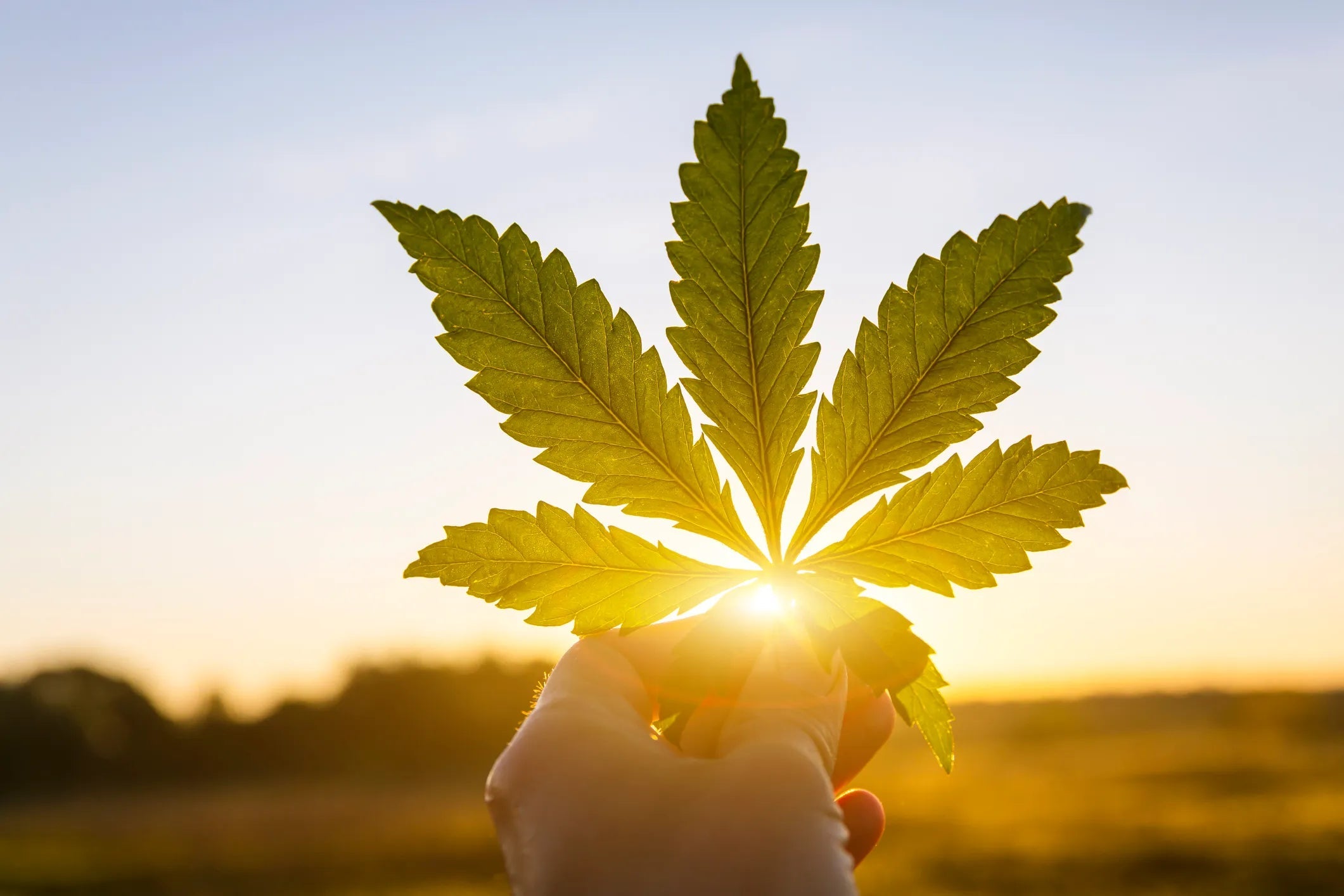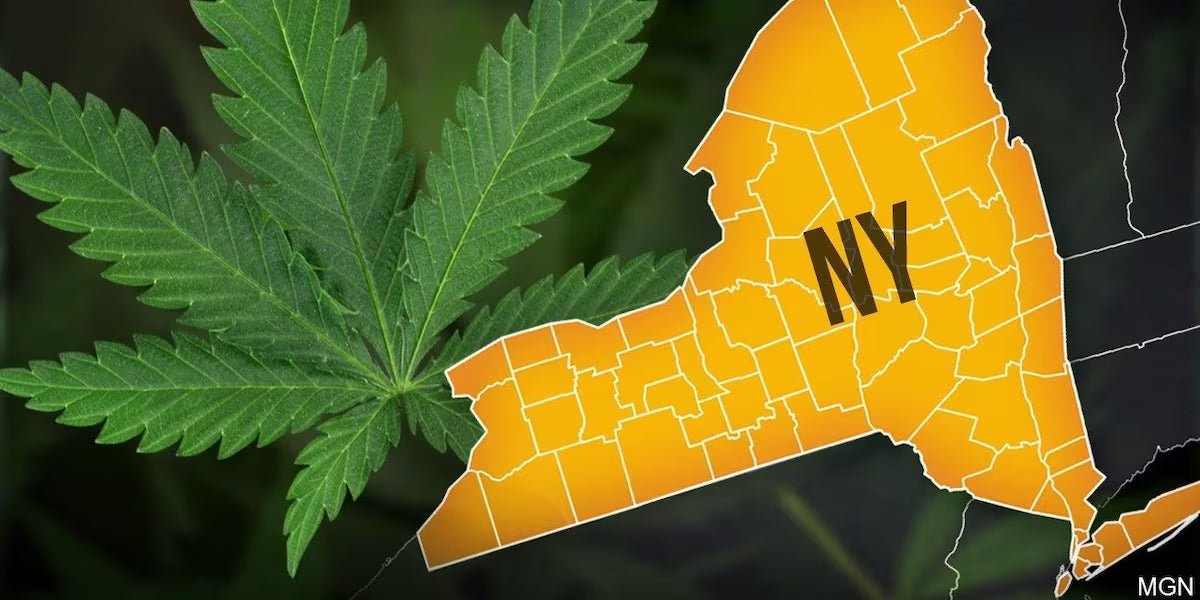Framing the new highly restrictive regulations as a way to close the “THC-A Loophole,” lawmakers and state regulators are actually attempting to eradicate the hemp industry in the Volunteer State.

There is massive trouble brewing for business owners, consumers, and other advocates and stakeholders dependent on or highly supportive of the hemp industry in Tennessee. As a state massively reliant on its agricultural sector, one would think that politicians and other influential leaders would spend more energy, time, and resources cultivating the hemp success story in Tennessee than attacking it.
While its neighbor to the north, Kentucky, is by far the largest producer of hemp (2.6 million pounds in 2022) in the U.S., Tennessee also produces a substantial amount of the versatile and robust plant annually (104K pounds in 2022).
However, like many other states recently, Tennessee has also become a battleground state in the relentless and insidious war on hemp by dubiously motivated lawmakers and state regulators in the past couple of years.
In April 2023, the Tennessee State Legislature approved legislation to begin vigorously regulating and taxing hemp-derived products cultivated, manufactured, and marketed in the state. According to the details of that bill, the Tennessee Department of Agriculture was charged with crafting new rules and guidelines to govern the young market sector, including regulations for product testing, compliance, and enforcement.
This past December, the department issued its first draft proposal for the new rules. As first reported by High Times, those new guidelines could place a prohibitive limit on the total amount of all forms of THC allowed in items, including the controversial and polarizing THC-A flower.
THC-A is one of almost 100 cannabinoids produced in hemp and cannabis plants. What makes it unique and a prized target for anti-hemp proponents is its unique chemical properties, most notably that when flower containing THC-A is subjected to heat through a process known as decarboxylation, it converts from its natural state to the more intoxicating delta-9 THC.
For many opposed to any intoxicating hemp derivative (IHD), this chemical conversion technicality represents a dangerous "THC-A loophole" to the original intent of the 2018 Farm Bill, which legalized hemp and all of its downstream derivative products.
According to federal regulations laid out by that seminal piece of legislation, all cultivated hemp plants must be tested within 30 days of harvest, using a specific formula that combines the amounts of delta-9 THC and THC-A to arrive at a total THC level. Any plants with a total exceeding 0.3% delta-9 THC at the time of testing are considered to be marijuana and still illegal under federal law.
Despite all the technological advancements available to farmers to procure legal batches come harvest time, there are some examples of THC-A flower passing the test but then producing somewhat significant "highs" when heated via smoking or vaping.
While these examples are more an exception than the rule, some critics see this as an unacceptable loophole that must be closed. However, the companies marketing these items clap back by saying they are in full compliance with the Farm Bill and are thus legal.
"There is a very cat's-out-of-the-bag mentality around it. Some people view this as the actual legalization of cannabis in America. Other people view this as a loophole to be squashed and are advocating for it. But no matter, it's out there. People can buy it just like they would normal cannabis," Madeline Scanlon, cannabis insights manager at market data analyst firm Brightfield Group, told MJBizDaily.
"There is a very cat's-out-of-the-bag mentality around it. Some people view this as the actual legalization of cannabis in America. Other people view this as a loophole to be squashed and are advocating for it. But no matter, it's out there. People can buy it just like they would normal cannabis."
- Madeline Scanlon, Cannabis Insights Manager at the Brightfield Group
Under the proposed new rules by the Department of Agriculture, for a plant to be defined as legal hemp, the finished products would have to contain less than 0.3% delta-9 THC. This almost impossible requirement would make most THC-A, delta-8 THC, and the much more lucrative and non-psychoactive CBD products currently available illegal, which would have catastrophic effects on the state's hemp growers and retailers.
In an interview with the Chattanooga Times Free Press in January, Kelly Hess, executive director of the Tennessee Growers Coalition, said, "Unfortunately, they are regulating it out of business. They are creating law in the rules and are exceeding their authority in creating a new definition of hemp in the rules outside of the law."
"Unfortunately, they are regulating it out of business. They are creating law in the rules and are exceeding their authority in creating a new definition of hemp in the rules outside of the law."
- Kelly Hess, Executive Director of the Tennessee Growers Coalition
The proposed rules would also enable the department to conduct random inspections and test items sold by retailers. Hemp industry advocates and stakeholders argue that by the time many products have been manufactured and delivered to retailers, some THCA may have already decarboxylated, causing the levels of delta-9 THC to be higher than the 0.3% threshold.
According to Hess, the new regulations would "wipe out" the markets for THC-A and CBD flower in Tennessee. "There is practically no way that a farmer or grower could meet all the rigorous standards on the growing side in addition to all of the standards they have put on for their products to be put on the shelf," Hess said.
"There is practically no way that a farmer or grower could meet all the rigorous standards on the growing side in addition to all of the standards they have put on for their products to be put on the shelf."
- Kelly Hess, Executive Director of the Tennessee Growers Coalition
As part of the regulatory process, the Department of Agriculture convened a public hearing in February on the proposed rule changes. According to the Tennessee Growers Coalition, between 200 and 300 industry proponents attended the somewhat contentious proceedings to voice their concerns regarding the draft rules. One of those supporters who testified before regulators was Andy Chesney, owner of the Hemp House in West Knoxville.
"By eliminating THC, you're not really gaining the full effects of the plant or the full benefits of it," Chesney said. "And so from a consumer perspective, the frustrating part is that what seems to be considered by the powers that be in Tennessee is this getting high and regulating people who are attempting to get high."
Following the hearing, Kim Doddridge, the Tennessee Department of Agriculture's public information officer, said the agency would review the public comments and develop the finalized rules by July 1, as law requires.
However, the struggle over the survival of the hemp industry will likely not end when those final guidelines are approved and released by the TN Attorney General's Office. As with other similar cases in Texas, South Carolina, New York, and Wyoming, the hemp industry and its legion of supporters will almost certainly file suit against the state for violating the constitutional rights of farmers, manufacturers, retailers, and customers who've become economically and medicinally reliant on the over $28 billion nationwide hemp industry.
This battle might be lost, but the war is far from over.








































